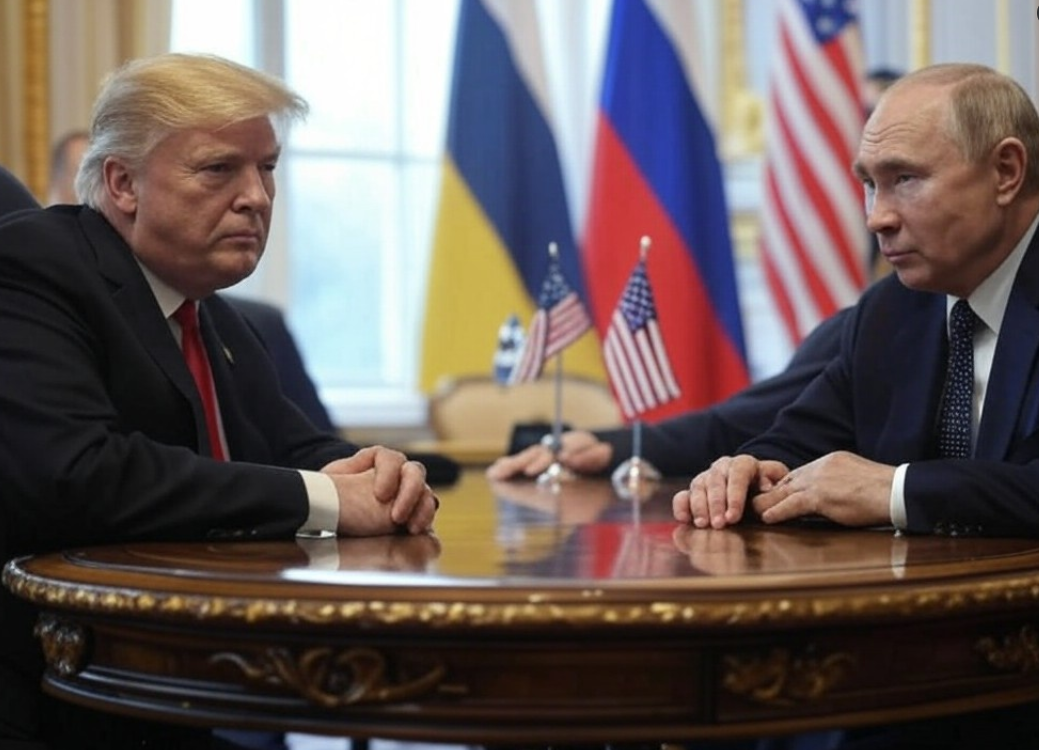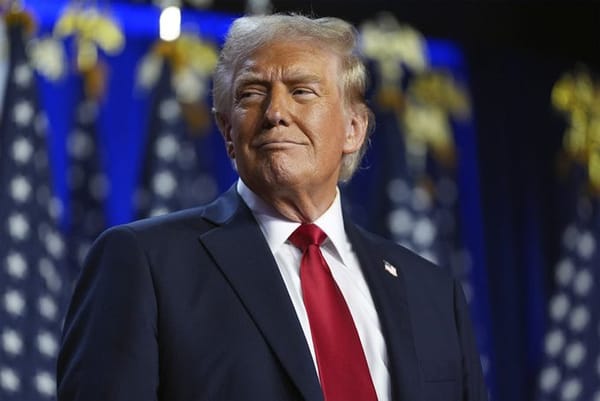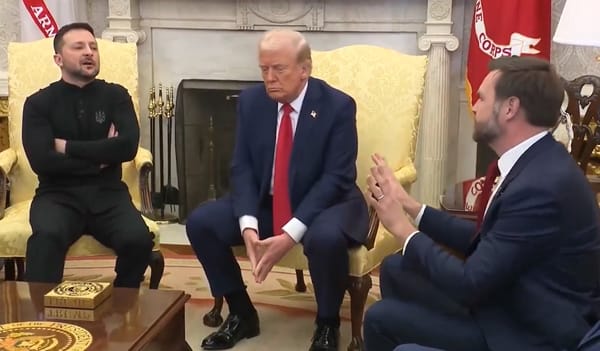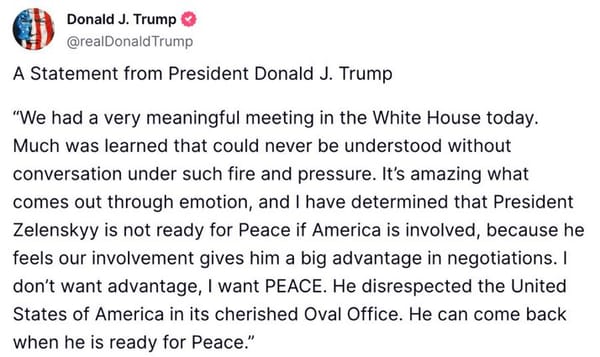Trump & Putin Agree to Ukraine Peace Talks: A Breakthrough or a Betrayal in the Making?
The global stage has been set for a potentially seismic shift in the ongoing Ukraine conflict, with the announcement that former U.S. President Donald Trump and Russian President Vladimir Putin have agreed to initiate peace negotiations. This development, emerging from a direct phone conversation between the two leaders, has ignited a complex mix of hope, skepticism, and outright concern across the international community. While the prospect of a resolution to the devastating war is undoubtedly welcome, the circumstances surrounding these talks, particularly the initial exclusion of Ukraine, have raised serious questions about the potential for a just and lasting peace. This article delves into the details of the agreement, the reactions from key stakeholders, and the potential implications for the future of Ukraine and the broader geopolitical landscape.
Direct Communication: A Diplomatic Gambit
The foundation for these peace talks was laid during a direct phone conversation between Donald Trump and Vladimir Putin. Trump, leveraging his established rapport with Putin, has framed the agreement as a shared desire to end the war in Ukraine "immediately." He has emphasized that both leaders are committed to stopping the ongoing conflict and finding a path towards peace. This direct communication, while potentially effective in breaking through diplomatic gridlock, also raises concerns about the potential for unilateral decisions and the marginalization of other key players.
Trump's involvement in these negotiations marks a significant departure from traditional diplomatic channels. His personal approach to foreign policy, characterized by direct engagement with world leaders and a willingness to challenge established norms, has the potential to accelerate the peace process. However, it also carries the risk of prioritizing personal relationships over established international protocols and the interests of all stakeholders.
European Reaction: Concerns and Demands for Inclusion
The announcement of the Trump-Putin peace talks has been met with a mixture of cautious optimism and deep concern among European leaders. The primary concern stems from the initial exclusion of Ukraine from these critical discussions. European nations, particularly those bordering Ukraine or heavily reliant on Russian energy, have a vested interest in a peaceful resolution to the conflict. However, they insist that any peace negotiations must include Ukraine as a central participant and should involve European nations to ensure a fair accord with security guarantees for lasting peace.
Leaders from France, Germany, and the UK have been particularly vocal in stressing the importance of a comprehensive and inclusive peace process. They argue that any agreement reached without the full participation of Ukraine and its European allies would be inherently unstable and unsustainable. The European Union, as a whole, has reiterated its unwavering support for Ukraine's sovereignty and territorial integrity, emphasizing that any peace settlement must respect these fundamental principles.
The U.S. Negotiating Team: A Reflection of Trump's Priorities
Trump has announced that his administration will immediately begin negotiations with Putin's representatives, with a U.S. negotiating team comprised of Secretary of State Marco Rubio, CIA Director John Ratcliffe, and National Security Adviser Michael Waltz. The composition of this team offers insights into Trump's priorities and approach to the negotiations.
The inclusion of the Secretary of State suggests a commitment to engaging through established diplomatic channels, albeit within the framework of Trump's personal diplomacy. The presence of the CIA Director highlights the importance of intelligence gathering and analysis in understanding the complex dynamics of the conflict and assessing Putin's intentions. The National Security Adviser's role underscores the focus on national security implications and the potential for the peace talks to reshape the geopolitical landscape.
However, the absence of representatives from the Department of Defense or experts in Ukrainian affairs has raised concerns about the team's depth of knowledge and its ability to effectively advocate for Ukraine's interests. The composition of the negotiating team reflects Trump's emphasis on personal relationships and direct engagement, but it also raises questions about the team's expertise and its commitment to a comprehensive and inclusive peace process.
Ukrainian Perspective: A Call for Security Guarantees
Ukrainian President Volodymyr Zelenskyy has acknowledged the Trump-Putin peace talks but has emphasized that no one desires peace more than Ukraine. He has expressed cautious optimism about the prospect of a resolution to the conflict, but he has also voiced deep skepticism about Putin's intentions. Zelenskyy has reiterated his call for security guarantees for Ukraine, emphasizing that any peace settlement must ensure the country's long-term security and territorial integrity.
Zelenskyy has also expressed concerns about the potential for the peace talks to be used as a smokescreen for continued Russian military aggression. He has noted that Putin continues to conduct military operations despite talk of a ceasefire, raising doubts about the sincerity of his commitment to peace. Zelenskyy has emphasized that Ukraine will not accept any peace settlement that compromises its sovereignty or territorial integrity, and he has vowed to continue fighting until a just and lasting peace is achieved.
Economic Impact: Market Volatility and Uncertainty
The announcement of the Trump-Putin peace talks has had a noticeable impact on global markets. Oil prices, for example, dropped by 2% following the announcement, reflecting optimism about reduced geopolitical tensions. This market reaction underscores the significant economic consequences of the Ukraine conflict and the potential for a peace settlement to stabilize global markets and promote economic growth.
However, the economic impact of the peace talks remains uncertain. The success of the negotiations will depend on a variety of factors, including the terms of the peace settlement, the level of international cooperation, and the long-term stability of the region. The market volatility surrounding the announcement reflects the uncertainty and risk associated with the peace process.
Public Sentiment and Analysis: Skepticism and Hope
The public reaction to the Trump-Putin peace talks has been mixed, with a combination of skepticism and hope. Social media platforms, such as X (formerly known as Twitter), have been flooded with comments and analyses from various perspectives. Some see Trump's involvement as a potential game-changer, believing that his personal relationship with Putin could lead to a breakthrough in the negotiations. Others are wary of the implications without clear Ukrainian involvement from the outset, fearing that Trump may prioritize his own political interests over the interests of Ukraine and its allies.
Analysts have also offered a range of perspectives on the peace talks. Some believe that the negotiations offer a genuine opportunity to end the war and stabilize the region. Others are more cautious, warning that Putin may be using the peace talks as a tactic to gain leverage and consolidate his control over occupied territories. The public sentiment and expert analysis reflect the complexity and uncertainty surrounding the peace process.
Next Steps: The Munich Security Conference and Beyond
Further talks are expected to occur at the Munich Security Conference, with U.S. representatives meeting Ukrainian leaders to discuss the path forward. This meeting will be crucial in ensuring that Ukraine's concerns are addressed and that the peace process is inclusive and transparent. The Munich Security Conference provides a platform for international leaders to discuss pressing security challenges and to coordinate efforts to promote peace and stability.
The success of these talks will largely depend on the inclusion of all stakeholders, particularly Ukraine, and the ability to address security concerns and territorial integrity. The path forward remains uncertain, but the agreement to initiate peace negotiations represents a significant step towards resolving the Ukraine conflict.
Potential Scenarios: A Range of Outcomes
The Trump-Putin peace talks could lead to a variety of potential scenarios, each with its own set of implications for Ukraine, Russia, and the broader international community.
- Successful Peace Settlement: A successful peace settlement could bring an end to the war in Ukraine, stabilize the region, and promote economic growth. However, a successful settlement would require significant compromises from all parties involved, including Russia, Ukraine, and the international community.
- Stalled Negotiations: The peace talks could stall due to disagreements over key issues, such as territorial integrity, security guarantees, and the future status of Crimea. Stalled negotiations could lead to a resumption of hostilities and a further escalation of the conflict.
- Unilateral Agreement: Trump and Putin could reach a unilateral agreement that does not address the concerns of Ukraine and its allies. A unilateral agreement could be destabilizing and could undermine international efforts to promote peace and security.
Conclusion: A Moment of Opportunity and Risk
The agreement between Trump and Putin to initiate peace talks regarding the Ukraine conflict represents a moment of both opportunity and risk. The opportunity lies in the potential to end the devastating war and stabilize the region. The risk lies in the potential for the negotiations to be used as a smokescreen for continued Russian aggression or for a unilateral agreement that does not address the concerns of Ukraine and its allies.
The success of these talks will depend on the inclusion of all stakeholders, particularly Ukraine, and the ability to address security concerns and territorial integrity. The international community must remain vigilant and work together to ensure that the peace process is inclusive, transparent, and ultimately leads to a just and lasting peace for Ukraine. The future of Ukraine, and indeed the stability of the international order, hangs in the balance. The world watches with a mixture of hope and trepidation as this critical chapter unfolds. The stakes are high, and the path forward is fraught with challenges, but the potential rewards of a successful peace settlement are immense. The coming weeks and months will be crucial in determining whether this moment of opportunity can be seized and transformed into a lasting legacy of peace and stability in the region. The global community must stand united in its support for Ukraine and its commitment to a peaceful resolution of the conflict. The time for decisive action is now.








